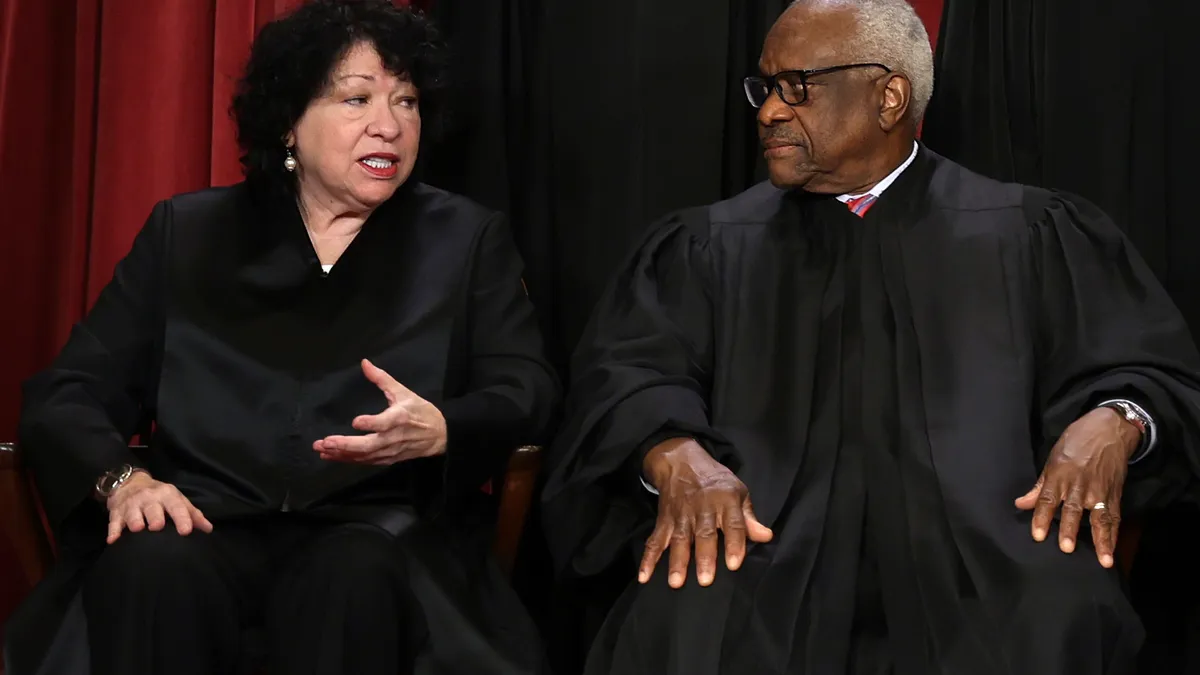A Florida-based business services company must pay $250,000 to settle a disability discrimination lawsuit brought by the U.S. Equal Employment Opportunity Commission.
The Results Companies, LLC, hired a blind person in Texas to be a telephone-based customer service representative for the company. The worker requested a screen reader so she could do her job.
Per the lawsuit, The Results Companies did not take reasonable steps to accommodate the worker, refused her request to contact the screen reader company when there were software issues, and then fired her.
How the company came under EEOC scrutiny
The EEOC filed the initial complaint in U.S. District Court for the Northern District of Texas in September 2024. EEOC alleged the company violated Title I and Title V of the ADA and Title I of the Civil Rights Act of 1991.
The charging party in the case, who was hired in July 2019, requested Job Access with Speech or JAWS software be installed on her computer; a company IT specialist determined that the JAWS software supplied by Texas Workforce Solutions – Vocational Rehabilitation Services was out of date.
In August 2019, the company asked the blind worker to step down “until she obtained the newest version of JAWS, at which point she would be rehired,” according to the initial complaint. Texas Workforce Solutions bought the upgraded software in November 2019, but when the blind employee returned to work in December, “Defendant had still not installed the new version of JAWS.”
Moreover, The Results Companies “did not avail itself of the free resources that Charging Party offered, or the assistance of any other third party, with making JAWS compatible.” The business services company fired the blind worker on Feb. 3, 2020.
The EEOC stated the conduct of The Results Companies was “intentional,” deprived the worker of equal employment opportunities, adversely affected her status as an employee, and was “done with malice or with reckless indifference to Charging Party’s federally protected rights.”
A spokesperson for the company told HR Dive that it “vigorously denies any allegation or inference that we treated anyone in an unlawful manner.”
The spokesperson also said that the business services firm is an equal opportunity employer, “committed to having a diverse and inclusive workforce, and to advocating for the respect and dignity of all our employees. We do not discriminate, and employ many individuals with disabilities.”
Screen readers are a common stumbling block for employers
The EEOC has pursued Americans with Disabilities Act violations in the past that concern a lack of accommodation around screen readers, and has issued guidance to help eliminate this kind of discrimination.
Last summer, a judge ruled that PepsiCo had similarly violated the ADA and the Civil Rights Act of 1991 in an EEOC case involving a screen reader. Allegedly, representatives for PepsiCo ultimately told the blind worker that accommodating him would be too expensive.
Dan Phillips, an assistive technology manager and the director of public policy at Central Association for the Blind and Visually Impaired, emphasized the importance of screen readers in providing equal employment opportunities to people with vision-related disabilities — including for himself — in an op-ed for HR Dive.
And in 2023, the EEOC issued guidance on how to address visual disabilities at work. The document answers key questions such as:
- When can a recruiter or HR ask an applicant or employee questions about their vision impairment?
- How should an employer treat a voluntary disclosure?
- What are reasonable accommodations for applicants or employees with visual disabilities?
- How should employers handle safety concerns for these employees?
- How does HR ensure no worker is harassed because of their visual disability?
When it comes to accommodating people with visual impairments, EEOC attorneys warned employers not to assume certain accommodations place an “undue hardship” on the company.
“Generalized conclusions” will not support such a claim, said Travis Nicholson, director of the EEOC’s Dallas District Office, in a statement.
“It is important for employers to meaningfully participate in the interactive process once an employee requests a reasonable accommodation and gather information specific to the situation at hand, even if they may not be familiar with the requested accommodation,” Nicholson said.





















